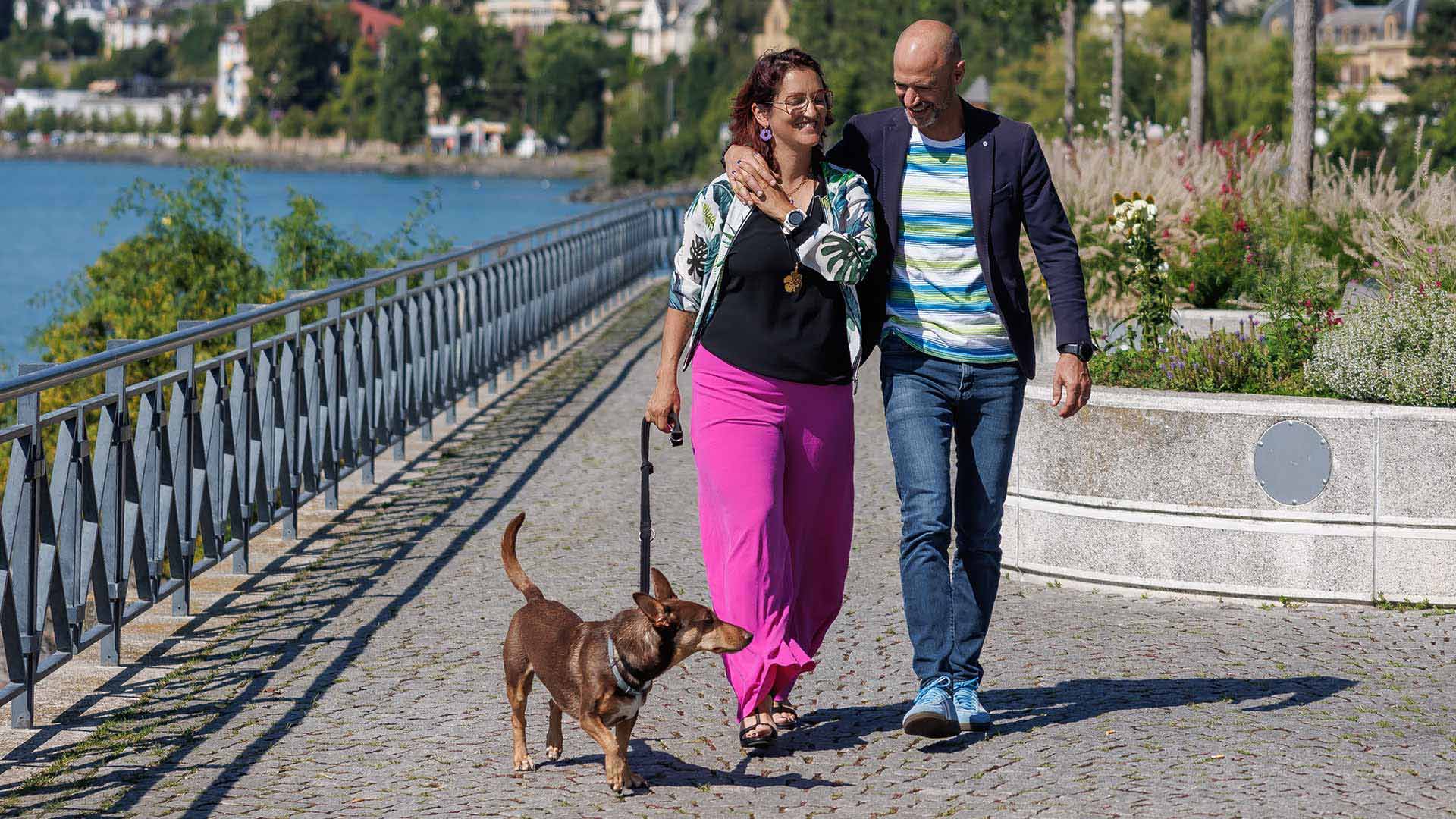Radhika's story
- X
- Chapters
- descriptions off, selected
- captions settings, opens captions settings dialog
- captions off, selected
This is a modal window.
Beginning of dialog window. Escape will cancel and close the window.
End of dialog window.
This is a modal window. This modal can be closed by pressing the Escape key or activating the close button.
Radhika was diagnosed at birth with thalassemia, a genetic blood disorder that required her to receive several blood transfusions each week. After losing her older brother to the same disease, she felt the pressure to stay alive for her parents’ sake, and found gratitude for the gift of her life. Hear how she's working to make every day count for her brother and herself.
Video Transcript
[Radhika]: |
Every two weeks I have to ask for blood, and it has to come from someone I don't know. This is literally what I need to live because I can't make it myself. My name is Radhika and I live in Long Island, New York. Thalassemia is a genetic blood disorder. What I like to tell people is that my blood cells are defective, similar to a manufacturer making cars without tires. My blood cells can't do what they're supposed to do. So for that reason, I need blood transfusions to live. I was diagnosed at birth because I had an older brother who was diagnosed before I was born. His body was constantly trying to create blood cells and they were defective. And that unfortunately led to his passing. When I was born, my mom took one look at me, without any test, I looked exactly like him, and she knew, that gut instinct that I would have it. So transfusions were going to be a part of my life time. Because of my parents experience with my brother., with me, they never made plans. Growing up, we were in the moment. I don't think they ever expected me to live independently. So there was that added pressure on me that I had to live. They couldn't lose another child. So it was hard, but I tried not to look at it as a burden. I tried to be like, “Well, I'm going to do what my brother didn't live long enough to do.” My dad was very fearful that people didn't understand my condition. He never wanted anyone to treat me differently. He came here in the sixties when only 300 Indians were allowed. He said, “Already we're going to look different from everybody else because we're Indian. Let's not add one more thing to the table.” So no friends knew. No neighbors knew. None of the school administration. No teachers. No one. No one knew. There was a part of me none of them ever knew about. A lot of my friends would dream of getting married. I never thought I'd get married. I never dreamt of a future because I didn't know how long I'd have, so why make plans for something that wouldn't necessarily come to fruition? I hated gym class because my endurance was not good, because, of course, of my thalassemia. And I couldn't tell the gym teacher why. I remember in high school I shared a locker with my best friend, and when I would go for blood, I would have to leave school early and she'd like, “Where did you go?” And I'd have to keep coming up with excuses. And what ended up happening is because I never told people, I didn't know how people would react. So in my mind, I didn't know what to expect, and I was expecting the worst. But it wasn't until I was in grad school to train to become a genetic counselor that I finally decided to share. My condition, being genetic in nature, really played into my decision to go pursue this particular career. As a child growing up, I could have never imagined that I'd be 48 years old with a husband and a daughter in college. Like, that was just a pipe dream. I was determined to make my parents proud. I was all they had, so I was determined to live for not just me, but my brother as well. I sometimes am sad thinking what I missed had he been alive. All I know is that he's no longer here, but I am. So I am trying to make every day count for him and for me. I am so proud of her. It's not easy for somebody to talk about a disease that, you know, most people are scared about and to talk openly and to give the other people, she gives them hope. If I could go back and tell myself anything it would be, “You're going to be okay. And don't be afraid to tell people. You're going to be able to do a lot more than you ever think you can. Trust in humanity. People are going to be much more understanding and accepting than you think. Don't let fear lead you.” I have so much hope and it’s thanks to the amount of research and science that's been put into developing better treatments. I do think it's important for people to share their stories because you're not alone. This is something that impacts so many of us. |
|
|
About Bristol Myers Squibb
Bristol Myers Squibb is a global biopharmaceutical company whose mission is to discover, develop and deliver innovative medicines that help patients prevail over serious diseases. As global citizens, we work sustainably and responsibly to create a positive impact in the communities where we live and work.


